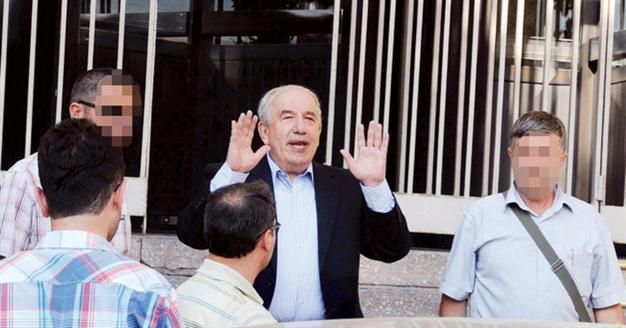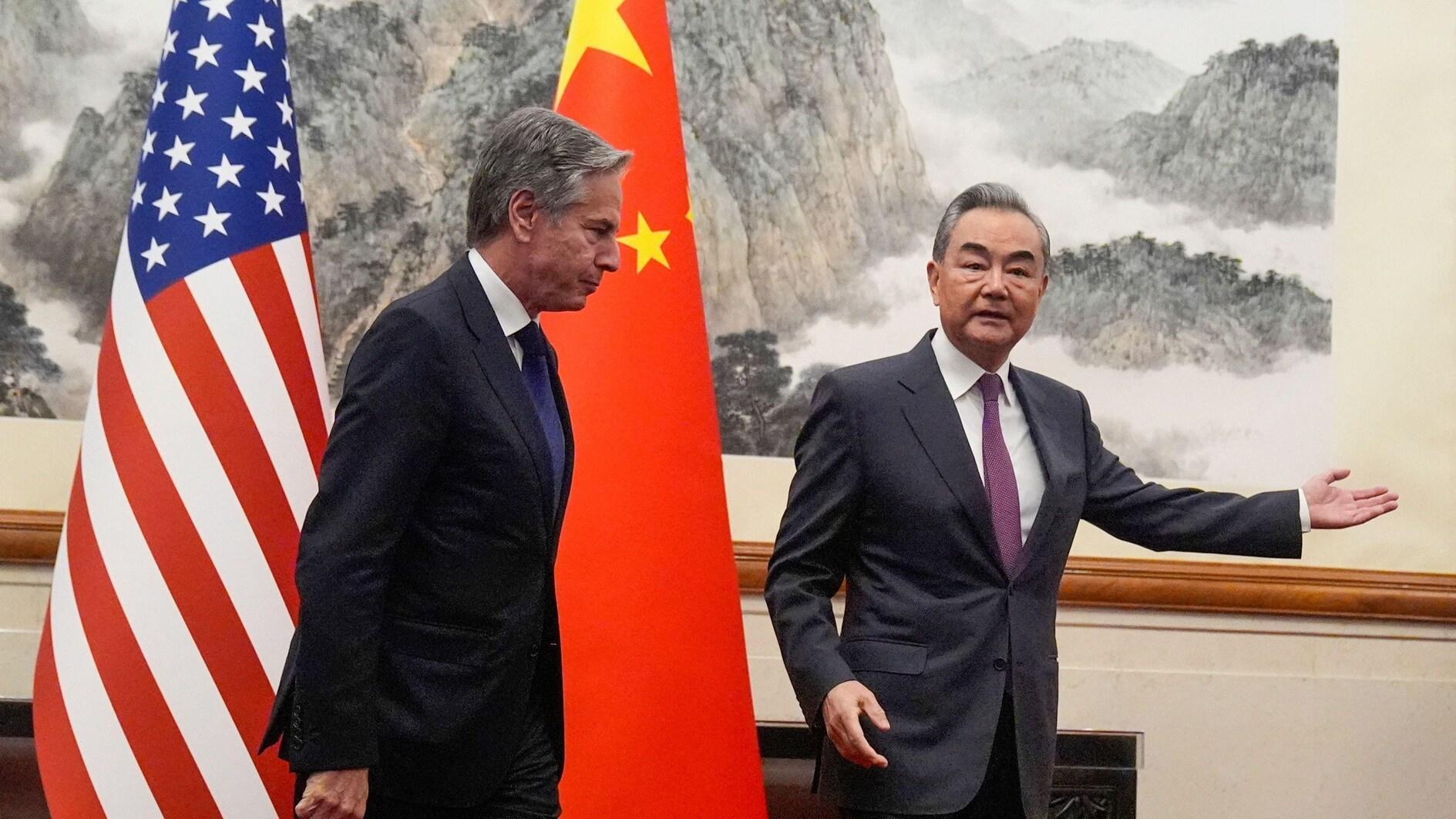Human rights chief Üstün objects to ‘unjust’ arrests
Ömer Şahin ANKARA - Radikal

Former head of the Higher Education Board Kemal Gürüz (C), who is considered one of the key figures of the ‘post-modern coup’ process was arrested on June 25. DHA photo
The head of the Parliament’s Human Rights Commission, Ayhan Sefer Üstün, has reacted to the arrest of former head of the Higher Education Board (YÖK) Kemal Gürüz, who is considered one of the key figures of the Feb. 28, 1997 “post-modern coup” process.Gürüz was arrested on June 26 as part of the ongoing prosecution over the Feb. 28 probe. Üstün, Sakarya deputy for the ruling Justice and Development Party (AKP), argued that he should also be judged without arrest.
Üstün stated that many people were victimized during Gürüz’s period at YÖK and that there were hundreds of appeals to the Human Rights Commission about this issue. “This man is not suspected of escaping. He comes to testify by his own will and capability. He is not in charge now. It is nearly impossible that he would spoil evidence, and he is quite old. What would it matter if you arrest a man over 70?” he asked.
Gürüz was known for his hard-line opposition to female students wearing headscarves in universities during his term.
‘Why were they arrested?’
Üstün also said that although he was a supporter of the Ergenekon, Balyoz and Feb. 28 probes, he still objected to some of the arrests. He also thinks that former Chief of General Staff İlker Başbuğ, who is in jail as part of the Ergenekon probe, as well as former Commander of the Gendarmerie Forces Teoman Koman, who is in jail as part of the Feb. 28 probe, should be judged without being arrested. Stating that Turkey had suffered and that many people were victimized as a result of the May 27, March 12, Sept. 12 coups and the Feb. 28 process, Üstün said: “Such unjust treatments should not be repeated. I think a number of people are being arrested and imprisoned carelessly nowadays.”
Call to prosecutors
Üstün argued that it was right to judge former Chief of General Staff İlker Başbuğ in a special court, but that his arrest was wrong. He also said that Başbuğ did not accept the validity of the “document” with which he is accused.
“There is a fine line between ‘duty’ and ‘crime’ on some issues. The thing that the offender sees as a duty could be considered by a prosecutor as a crime. There is an ambiguity between duties and crimes. The court will determine whether the document is fake or not. This may call for a long-term judgment process. So, if there is a possibility of an acquittal, judgment without arrest would be the better option. Both law and humanity require this,” Üstün said.
A former judge before going into politics, Üstün also addressed the specially authorized prosecutors. “As a former judge and as the head of the Parliament’s Human Rights Commission, I address them [the specially authorized prosecutors]. Turkey has come a long way in terms of human rights. No one is against the judgments. The state should face its past, recompense unlawful practices and activities against democracy; the judgments themselves should also conform to democracy and human rights. We should prevent unjust treatment and refrain from harming the public’s conscience.” he said.
The post-modern coup, also known as the “Feb. 28 process,” refers to a harsh army-led campaign that forced Turkey’s first Islamist prime minister, Necmettin Erbakan, to resign in June 1997 after just a year in office. The process took its name from the Feb. 28, 1997, meeting of the National Security Council (MGK), at which Turkey’s then-omnipotent military imposed a series of tough secularist demands on Erbakan that were mainly aimed at curbing Islamic education in the face of what was perceived to be a growing threat to Turkey’s secular system.
















